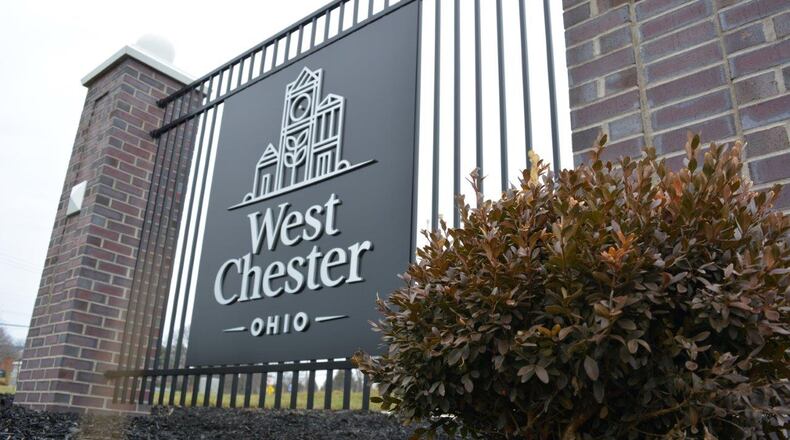“We vote on everything individually, we give them their own individual scrutiny,” Trustee Ann Becker said. “Everything in our budget document will come to us again and we’ll put eyes on it and research it, look at it as we always do with due diligence.”
The township has 10 major funds and the bulk of the budget, nearly 69% is spent on public safety services for police, fire and emergency communications. Nearly 12% of the budget will be spent on roads and infrastructure.
The township expects to collect $49.5 million in revenues and about 80% comes from property taxes. Other taxes and income comes from hotels, gas and vehicle licenses, EMS billing, state funding and other sources. All the funds combined have a total carryover of $47.4 million.
“While some may view these carryover funds as an opportunity to do more or spend more, for us carryover has always demonstrated a financial viability and conservative practices,” Finance Director Ken Keim said. “Budgeting to need rather than available resources has played a vital role in extending the life spans of public safety levies.”
The township also received nearly $10 million in federal COVID-19 funds which helped offset some other expenses. In 2020 they allocated the bulk of nearly $4 million in CARES funding for first responder payroll — which allowed them to save levy tax dollars — and $6.6 million in American Rescue Plan funds is being used to replace aging storm water infrastructure.
Fire Chief Rick Prinz has a $17.7 million expense budget, revenues totaling $17.1 and a healthy carryover of $16.1 million, thanks to the new tax levy voters approved in 2020. His main focus this year is solving the part-time firefighter problem — they lost 50% of their part-time complement — so he has budgeted three new lieutenants and three new firefighter positions. It will cost about $750,000, with raises and other personnel costs included there will be a $1.5 million increase.
“New part-time hires are difficult to attract and even then the turnover is not conducive to continuity of services...,” he said. “We believe in the long run the investment will be worthwhile as we continue to reduce reliance on part-time staffing and can reduce overtime costs.”
Police Chief Joel Herzog has a $17.7 million expense budget supported by nearly $19 million in revenues and $16.6 million in carryover. He said he was able to hire 15 new police officers last year, the highest number they have ever hired. He said they have not planned any significant purchases this year other the $450,000 for vehicle replacement.
Community Services Director Tim Franck plans to spend $6.7 million — double the amount spent las year —paving eight miles of roads, replacing curbs and $3 million worth of ARPA money for storm pipe repair.
When asked how big of a dent the federal money will make in the project to replace the aging storm water system, he said they have a “couple thousand segments” of steel pipe to repair or replace and they will do 150 this year.
He warned homeowners they are on the hook for replacing faulty pipes on their own properties, “residents should prepare for these inevitable repair costs.”
One project on the $23.5 million TIF list might not be expended at all, namely the $6.6 million MidPointe Library expansion. Officials didn’t mention the topic at all — although they said it would be during budget discussions — likely because Trustee Mark Welch wasn’t at the meeting. Last week, Becker was the only trustee supporting the project to provide more community gathering space.
About the Author

